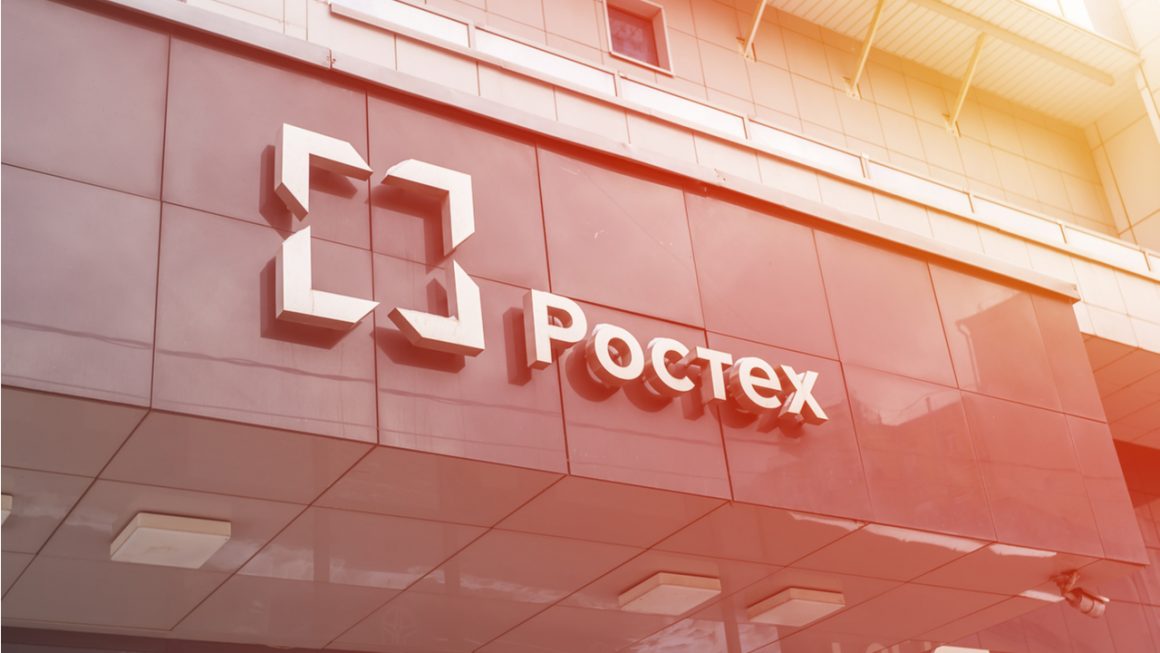Russian manufacturing and technology conglomerate Rostec has developed a system to process international payments and store digital currency. The blockchain-based platform was announced as an alternative to SWIFT, which is not available to some Russian banks.
Rostec, employing distributed ledger technology, is an alternative to SWIFT
Russian state-owned company Rostec has built a platform using blockchain technology to facilitate international payments and digital currency storage between Russia and its partners.CELLS is intended to replace the global payment messaging system SWIFT It is intended to be, and many Russian banking institutions have been disconnected from it as part of Western sanctions.
As a result of its invasion of Ukraine, Russia has become increasingly disconnected from global finance, foreign exchange reserves, and traditional payment channels. The Moscow government is attempting to shift to payments in its own currency, such as rubles and yuan, for trade transactions and is also considering the possibility of using cryptocurrencies for international payments. This is because large Russian companies and importers are facing difficulties in paying in U.S. dollars.
According to Rostec Executive Director Oleg Yevtushenko, “A digital payment system based on a blockchain platform can be used as a serious alternative to SWIFT, providing fast, secure and irrevocable transactions.” He was quoted by RBC Crypto as saying, adding that CELLS would allow switching to payments in national currencies, eliminating the risk of sanctions and ensuring the independence of Russia’s national financial policy in the event of liquidation.
CELLS is a product of the Novosibirsk Institute of Program Systems (NIPS). Its designers wanted to create a complete ecosystem of software products and services based on distributed ledger technology (DLT) that enables international payments, multicurrency transactions, user identification, and digital currency storage, the report detailed.
The system is expected to process up to 100,000 transactions per second, with options to increase its capacity in the future; based on CELLS, it will include a data storage system, a web application creation platform, a “digital passport” service, and a “digital housing and communal services” system will be implemented, the creators promise.
Image credits: Shutterstock, Pixabay, Wiki Commons

